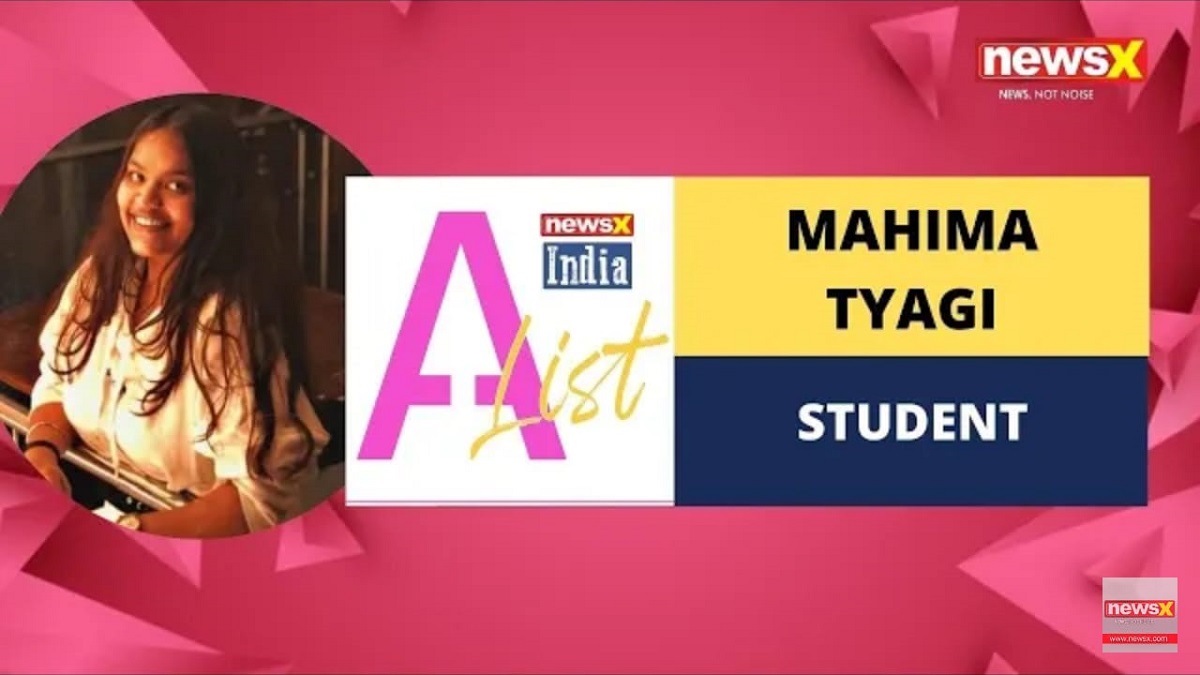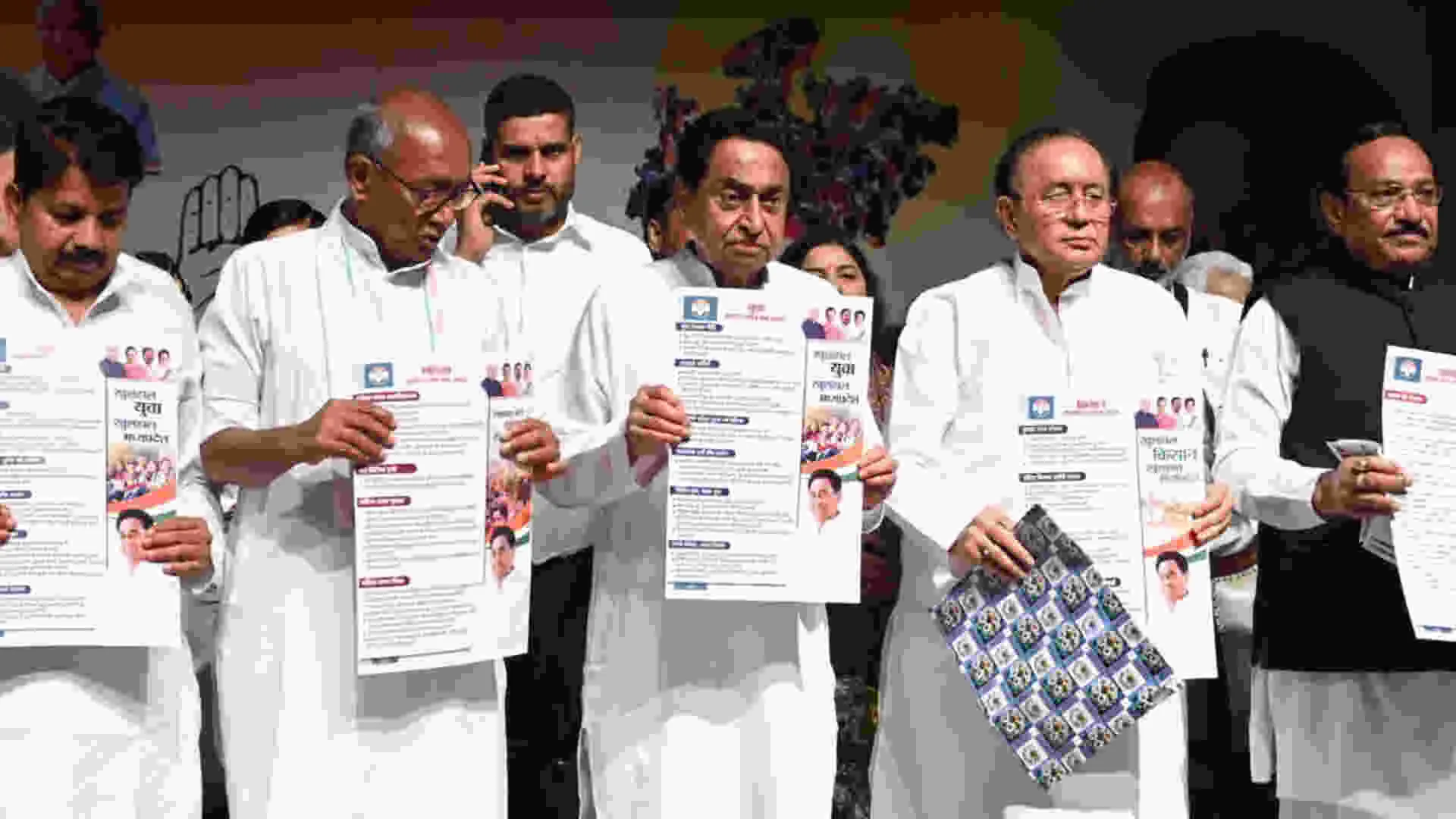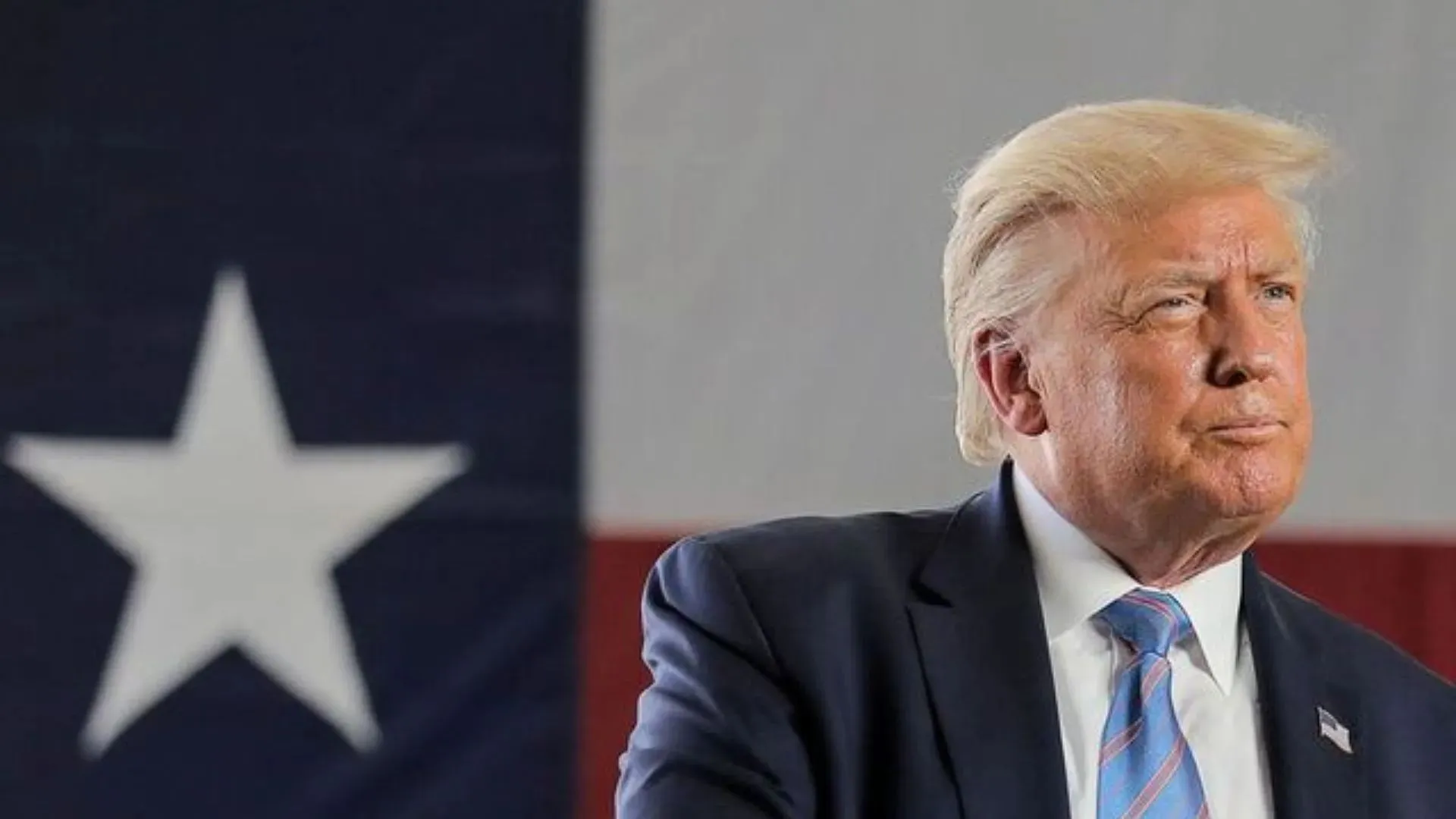NewsX was recently joined by Mahima Tyagi, a student and a content writer for an exclusive chat. Mahima shared her journey of being a writer and a filmmaker with NewsX in its special segment NewsX A-List.
Giving a background of how content writing began for her, Mahima said that she was really young when it began for the first time, it had a lot to do with some of the teachers that she had. She said that the English teachers she had in school were keen on imparting the knowledge that they thought would help students in life and a lot of the kids turned a blind eye to that, but Mahima didn’t and that’s where it just all began, she was really young, she was about 5 years old when she wrote her first poem, it was basically a rehash of something that had already been written.
“I think what really drove me to it after my 12th grade was, I was awarded like a certificate of recognition by the HRD ministry in my 10th grade, and I had, at a very early age kind of associated my self-esteem with academic success. And I was really happy about that until of course, as things go, and I think in 12th grade, I suffered a little bit of a setback academically and the career path that I had in mind was sort of out of the window at that point and I think it was, as the same goes, one door closes, another one opens. And I decided just by chance to apply to some of the universities I would have had dreamt of when I was young and I managed to get into some, pretty much all of them. I then chose the one that I wanted the most and so I just pursued it, and it’s been one of the best decisions I’ve ever taken. Not a day goes by without me just cherishing what it is to be a writer and to wield the power of the pen,” said Mahima.
Ms Tyagi believes in the power of her pen and she believes that with her writing, she can bring about a change in the society. “Writing is art at the end of the day and any kind of art can bring about as much change as perhaps extensive political lobbying can, it’s the same. It targets the attitude that pervades in society. So at the end of the day, if you have the right intention in mind, art is one of the strongest mediums to bring about that change and I think I’ve witnessed that firsthand when I was competing in the international poetry competition. And since I was studying in London, I was at a place where there was, perhaps, a lakhs of brown poets, or people that came from the Indian sub-continent, which one could attribute to the societal taboo around art as a career medium,” said Mahima Tyagi.
Mahima shared that when she confirmed with her poetry coach that she was going to talk about colonialism, it was a very intense and bold risk to take at that point, because of her judges panel that would go in front of her, and since it was an international competition with a lot of white people in the room and a lot of people from the British origin, but her coach gave her a green signal.
“I remember when I had finished reciting my poem, there was a brief pause. I think that was the moment of that final moment of revelation, is this going to work? Or am I going to just completely lose faith in this entire process. And I got applauded by everyone there and I think it meant a lot to me because it made me realize that if I truly believe in something, no matter how bold, no matter how outrageous on confirmative, it’s going to arouse an emotion among the people,” said Ms Tyagi.
Elaborating more on the poems written by her, Mahima said that she dabbles between either social journalist poetry or a more lyrical and personal poetry. She added that with the first kind that she takes to is based on social issues, studying abroad, in some strange way brought her closer to the social fabric of her own country.
Talking further on the same, Mahima said, “I think when you look at something from a distance, we’re able to see it in its entirety and that’s what I was able to do and I just came closer to the issues that I had grown up seeing, but never really noticing, perhaps, there are a lot of issues and at the risk of sounding a little lofty, human trafficking or the class divide and a lot of different issues, the religious divide, there’s so many things that I’ve written poetry about which aim at perhaps, arousing some sense of emotion, some sentimental life change.”
Mahima is also passionate about filmmaking, sharing more on the same, Mahima said, “I think I realized that poetry is storytelling and so is filmmaking. So the idea at the end of the day is to is to extend a narrative out there for people to observe and that’s where I think films are visual poetry. So that’s where it came about, I think I was just talking to a few friends and I had some modules, some courses at my time in university, where I was studying films and I realized that it’s visual poetry, like I said, and I started to then make few videos, and I had this series where I would just like to portray in the background, and we would have visual direction. So that’s where our passion for films came into being, so I created documentaries, or just fiction, all of that. And like I said, it’s art at the end of the day, so poetry, filmmaking, public speaking kind of blended together for me, and it became art, which is something that I really feel passionately about.”
Talking about her source of inspiration, Mahima said, “Inspiration’s everywhere, I think when you have drive and when you really care about things, and poetry and art, in general makes you care about things. A lot of it also came from a lot of field work that I have done, so I wrote this little collection about the Rohingya community. I met these people, they are beautiful people, their stories are so compelling, they’re so evocative that you can’t help but gain inspiration.
Sharing about her future plans, Mahima said that she believes that in life, one needs to have a cause and then have means to bring that cause to fruition. She added that the cause at the end of the day is to to bring change in attitudes that wade away taboos that continue to persist in society still. “The Muse for me personally is poetry or I think it’s filmmaking. So the idea is to wake up every single morning, care about something and try to change what it is that prevents me from caring about things,” said Mahima.
Conveying her message to the youth, Mahima said, “My message is that there’s no one singular method to bring about change. You can’t get that one degree or do that one course or meet that one person, it doesn’t have to be that way. I think you just need to believe and you need to care and you need to use your privilege to kind of bring about that change. One of my favourite authors ever Nikesh Shukla, he says, ‘Get where you want to be, and then throw a line back’ and I think that’s a beautiful way to just look at life and that is what I would like to say to the youth as well, use your privilege, get where you want to be and then throw line back to the people, to your roots, and bring everyone ahead in front of you.”





















